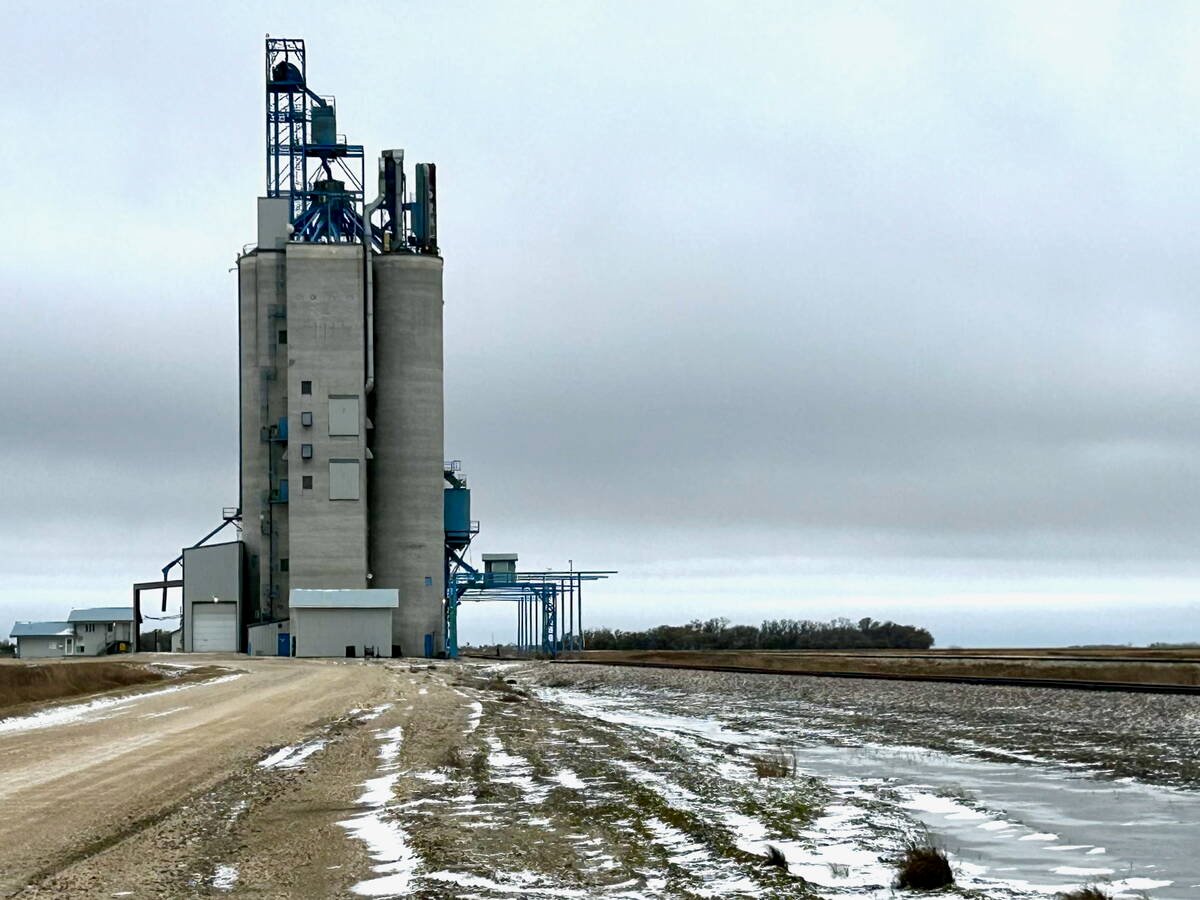After several years of collecting sizable savings through its tendering system, the Canadian Wheat Board is paying premiums to grain companies to move grain this year.
“The supply-demand picture has changed as it relates to the availability of board grains, and with that so has the economics of tendering,” said Ward Weisensel, the board’s chief operating officer.
In 2003-04, with lots of high quality wheat around, grain handlers were regularly bidding as much as $10-$20 a tonne under the posted handling and transportation costs to win the opportunity to move that grain.
Read Also

Manitoba grain elevator ownership expands
Carman-based Linear Grain buys Fannystelle elevator from Bunge, another three elevators sold to Morden’s BP & Sons Grain and Storage Inc.
That competitive bidding produced savings to the pool accounts in the tens of million of dollars.
This year, with high quality grain in short supply, the shoe is on the other foot, and the board is often paying premiums to get high quality grain into position to meet export sales commitments.
“The premiums have been as high as $10 a tonne over the initial payment on some of these tenders,” said Weisensel.
However, he emphasized that since only 15-20 percent of the board’s sales program will move under tenders, that has limited the total direct cost to the pool accounts.
When the premiums are allocated over the entire 2004-05 sales program of No. 1 CWRS wheat, it will work out to about $1 or $2 a tonne.
The board may not like it, he said, but the premiums are a necessary cost of doing business this year.
“That business still creates a lot of value for western Canadian farmers even at these tender values, and so we continue to execute on that basis,” he said.
Some of the board’s tenders have been met with bids well over $10 a tonne, but the agency has not accepted anything over that price.
Some grain companies say the board should be required to accept those bids.
“As long as it works for the advantage of the board, they’ll accept the tender,” said Mark Schell, chief executive officer of South West terminal at Gull Lake, Sask.
“That’s not a true tender system. In a true tender system, you pay the price or you get the revenue.”
But Weisensel said it wouldn’t be in the interests of the board or western Canadian farmers to accept bids regardless of the cost.
The converse isn’t true, he added. Grain companies are free to not bid on tenders, and the board should be free to decline the bids that are made.
Weisensel said this year’s experience proves the wisdom of the board’s decision two years ago to reduce tendering to a maximum of 20 percent of the board’s sales program, down from 50 percent.
“The problem would have been much worse if we had to tender at the 50 percent level,” he said.
However, an official with Saskatchewan Wheat Pool said the company would still like to see 100 percent of the CWB’s program shipped through tenders.
SWP chief executive officer Mayo Schmidt said the financial benefits to shippers and producers of using tenders to ensure grain is moved promptly and efficiently far outweigh any costs.
“The costs associated with the small premiums paid to ship pale in comparison to the total savings of the industry,” Schmidt said.
The board doesn’t release figures on how much is saved through tendering. It said transportation savings in 2003-04 were $51.1 million, up from $41 million the previous year, but that includes tendering, freight and terminal rebates and financial penalties for non-performance.














